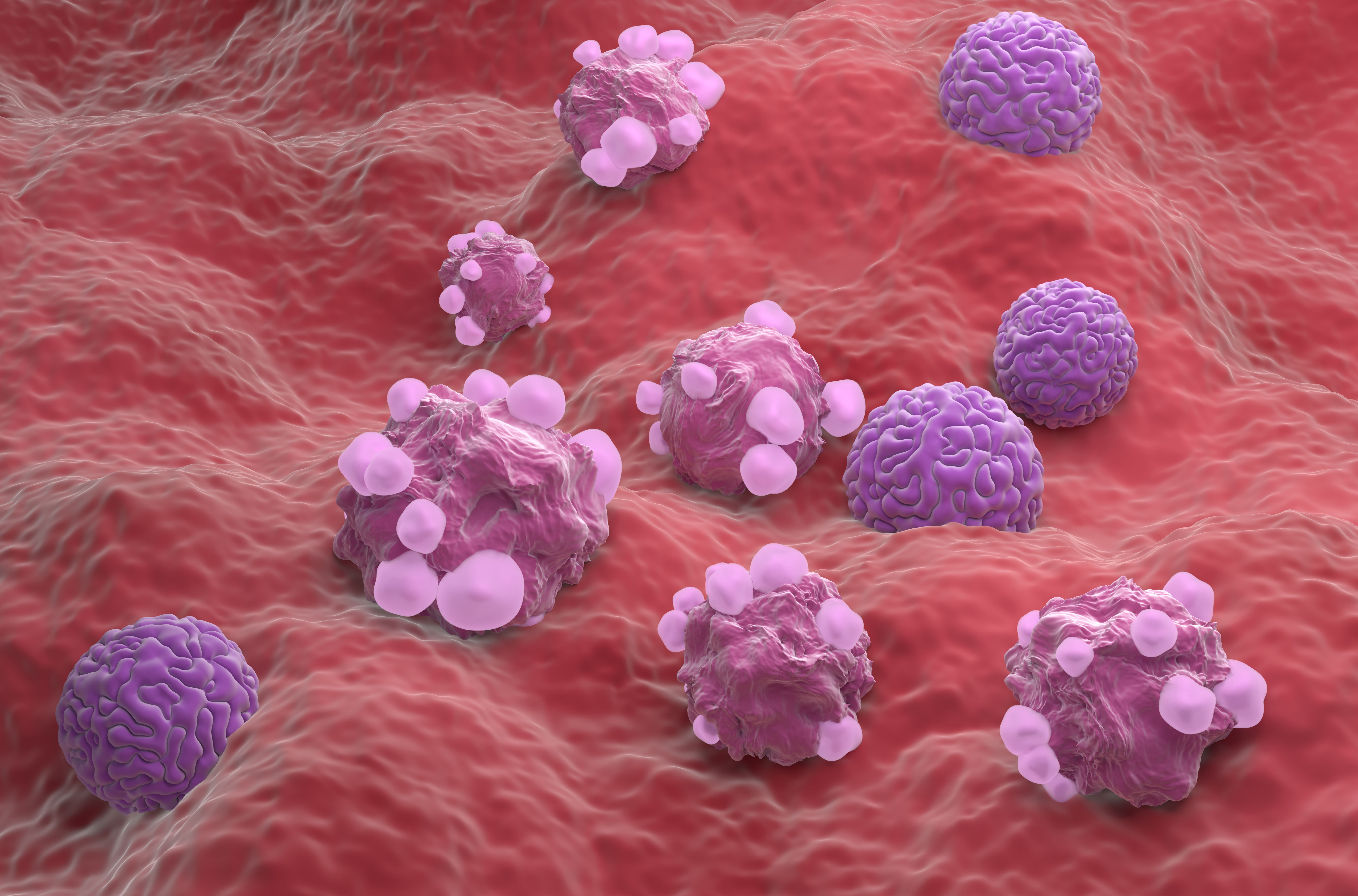FDA Grants FTD to Olvi-Vec in Ovarian Cancer Subgroup
Olvimulogene nanivacirepvec, an oncolytic viral-based therapy, has earned a fast track designation from the FDA in ovarian cancer resistant or refractory to platinum-based chemotherapy.

- The FDA has granted fast track designation (FTD) to olvimulogene nanivacirepvec (olvi-vec) for the treatment of patients with platinum-refractory/-resistant (R/R) ovarian cancer.1
- The FTD is supported by the phase 3 OnPrime/GOG-3076 study (NCT05281471).
- The FTD facilitates the development and speeds up the review of drugs that can meet serious medical needs.
A FTD from the FDA has been granted to olvi-vec in platinum R/R ovarian cancer, according to a press release from Genelux.1
“The fast track designation granted for olvi-vec underscores its potential to address unmet medical needs in ovarian cancer, a significant recognition as we continue to enroll our phase 3 OnPrime study,” said Thomas Zindrick, president, chairman and chief executive officer of Genelux, in a press release.
Olvi-vec is an oncolytic viral-based immunotherapy. The phase 2 trial (NCT02759588) met its primary end point of overall response rate (ORR). With a median follow-up of 47.0 months (95% CI, 35.9-not reached), the ORR was 54% (95% CI, 33%-74%), and the duration of response (DOR) was 7.6 months (95% CI, 3.7-9.6). The disease control rate was 88%, and 86% of patients had tumor shrinkage.2
The median progression-free survival (PFS) by RECIST v1.1 criteria was 11.0 months (95% CI, 6.7-13.0). In the platinum-resistant group and platinum-refractory groups, PFS was 10.0 months (95% CI, 6.4-not reached) and 11.4 months (95% CI, 4.3-13.2), respectively. The 6-month PFS rate was 77% overall.
For overall survival (OS), the median OS was 18.5 months (95% CI, 11.3-23.8) in the platinum-resistant group and 14.7 months (95% CI, 10.8-33.6) in the platinum-refractory group. The median OS for all patients was 15.7 months (95% CI, 12.3-23.8).
Regarding safety, the most common treatment-related adverse events (AEs) were pyrexia (63%) and abdominal pain (51.9%). There were no grade 4 or higher AEs observed.
Illustration of ovarian cancer

About the Phase 3 OnPrime Study
The phase 3 OnPrime study is evaluating olvi-vec followed by platinum-doublet chemotherapy and bevacizumab (Avastin) compared with platinum-doublet chemotherapy and bevacizumab alone.3
The primary end point is PFS by RECIST v1.1 criteria. The secondary end points are incidence of treatment-emergent AEs, DOR, PFS by iRECIST criteria, ORR, and OS.
Patients enrolled in the experimental arm receive 2 consecutive days of intraperitoneal catheter infusions of olvi-vec in week 0, followed by platinum-doublet chemotherapy and bevacizumab beginning in week 4.
To be eligible for participation, patients must have histologically confirmed nonresectable ovarian cancer, an ECOG performance status of 0 or 1, a life expectancy of at least 6 months, received a minimum of 3 prior lines of systemic therapy, platinum R/R disease, and have disease progression following last prior line of therapy.
Patients are not eligible to enroll in the study if they have an active infection, known central nervous system metastasis, active gastrointestinal bleeding, inflammatory bowel disease, clinically significant cardiac disease, or received prior virus-based gene therapy.